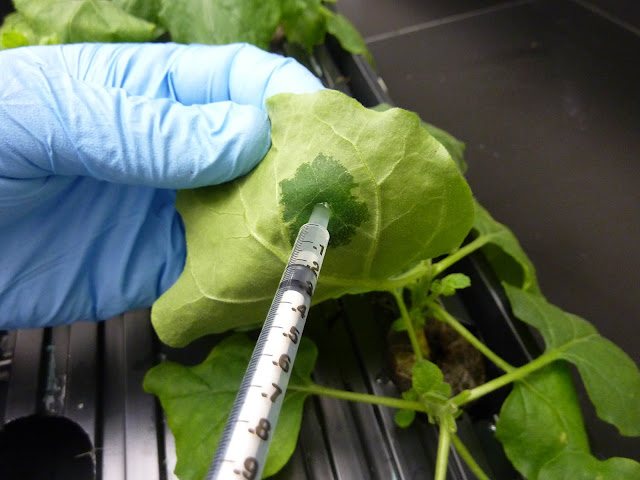Plant-based Vaccines Market Growth Production Analysis, Supply-Demand, Share and Size Elements and Recent Developments
 |
| Plant-based Vaccines |
Plants are an important source for producing low-cost vaccine derivatives. Because of its large-scale production and low cost, plant-based vaccine production helps to reduce the economic burden of infectious disease in emerging economies. Several clinical trials are underway to develop Plant-based Vaccines Market for therapeutic indications such as influenza, dengue, flu, and Ebola virus that can be taken orally. Oral administration of these vaccines eliminates the need for needles and syringes, which necessitates the use of trained immunization personnel, as well as the risk of Hospital Acquired Infections (HAIs).
Impact of the coronavirus (COVID-19) pandemic on the Global Plant-based Vaccines Market. On December 31, 2019, a coronavirus (COVID-19) outbreak was first reported in wuhan, china. On march 11, 2020, the World Health Organization declared COVID-19 a pandemic. According to the World Health Organization's Coronavirus (COVID-19) weekly epidemiological update, over 166,346,635 cases and 3,449,117 deaths due to coronavirus disease (COVID-19) were reported worldwide until May 21, 2021.
The rapid spread of COVID-19 is posing a challenge to healthcare systems all over the world. Many hospitals and intensive care units (ICUs) are overcrowded or on the verge of collapsing in many countries. As a result, optimal resource allocation in healthcare is required. Healthcare providers are forced to treat critically ill patients despite having limited access to ventilation equipment, qualified intensive care personnel, or protective equipment.
The increasing number of research and development (R&D) activities in plant-based vaccines is expected to drive market growth over the forecast period. Existing key players in the Plant-based Vaccines Market, as well as new entrants, are focusing on extensive clinical trial studies to develop plant-based vaccines for a variety of therapeutic applications.
For example, Medicago Inc., a clinical-stage biotechnology company that uses plant-based technologies to develop and produce novel vaccines and antibodies, is cultivating several tobacco plants (Nicotiana tabacum) in North America's Research Triangle Park, which will be used in flu vaccine testing and production. Medicago conducted phase III clinical trials in March 2018 to develop a flu vaccine, which is expected to hit the market by the 2020-2021 influenza season.



Comments
Post a Comment